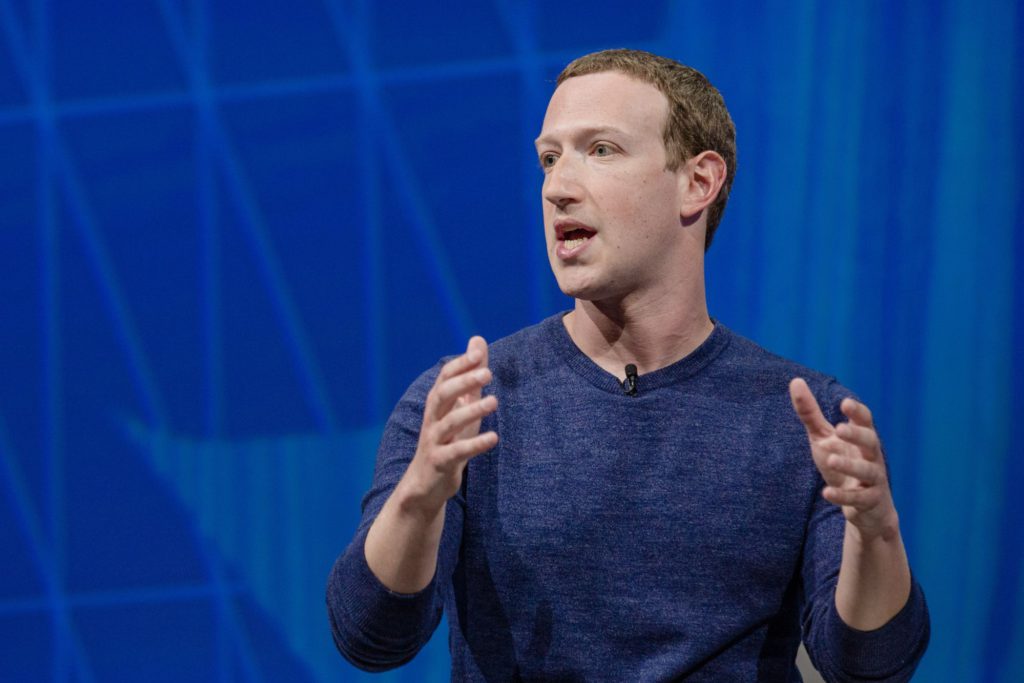Facebook co-founder Mark Zuckerberg sought to explain some of the company’s more complicated policy issues this week during an interview with podcast host and martial arts commentator Joe Rogan.
(Bloomberg) — Facebook co-founder Mark Zuckerberg sought to explain some of the company’s more complicated policy issues this week during an interview with podcast host and martial arts commentator Joe Rogan.
During the podcast, which lasted nearly three hours, Zuckerberg spoke about the “trade offs” that come with trying to moderate a platform with billions of users, pages and posts. It’s not a responsibility Zuckerberg said he enjoys or set out to undertake, as chief executive officer of Meta Platforms Inc., which owns Facebook, Instagram, WhatsApp and Messenger. The company tries to balance taking down as much bad content as possible while realizing that the more aggressive they are the more likely it means they will remove something by mistake, he said.
Those mistakes “suck,” Zuckerberg admitted. “It sucks though I think in the same way that probably having to go through a criminal trial but being proven innocent sucks,” he added.
Rogan asked Zuckerberg about Facebook’s handling of a potentially damaging news story about Joe Biden’s son, Hunter, just before the 2020 election. Facebook cut the article’s distribution by tweaking its algorithms, Zuckerberg said. The company did so because of warnings it had received from the FBI about Russian propaganda. The FBI told Facebook, “you should be on high alert” for a data dump from Russia, Zuckerberg said. “Depending on what side of the political spectrum, you either think we didn’t censor enough or censored it way too much,” he said.
Zuckerberg went on Rogan’s podcast to help promote the metaverse, his vision for the future of the internet that includes a series of virtual worlds where people will work and play as digital avatars. Zuckerberg also spoke about Meta’s plans for augmented reality glasses, which he expects will eventually be a major way to interact with the metaverse. Last year Meta launched a pair of “smart glasses” with Ray-Ban, but those don’t yet have augmented reality technology.
More stories like this are available on bloomberg.com
©2022 Bloomberg L.P.











